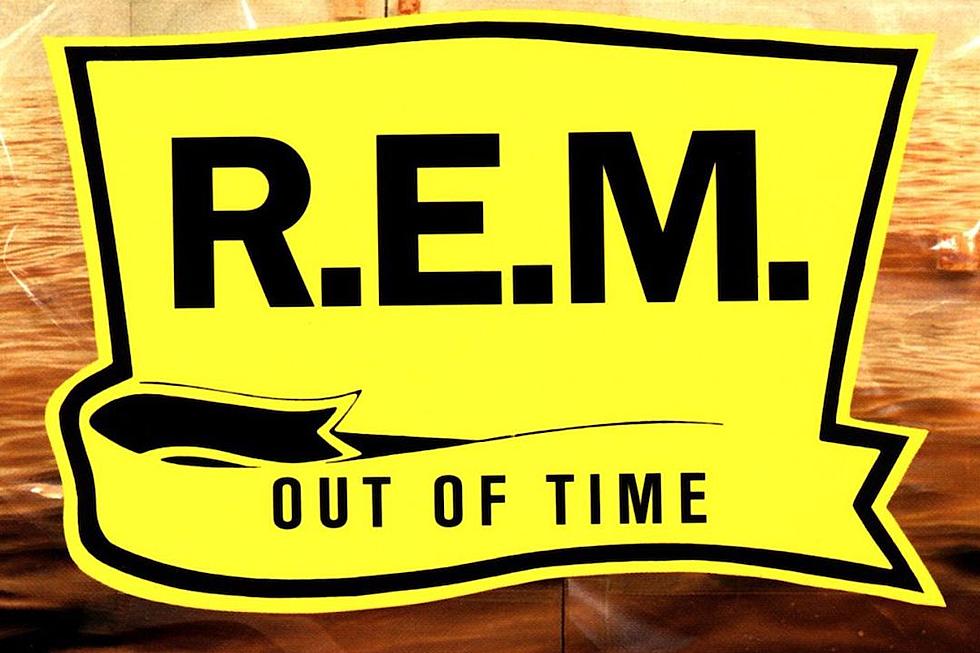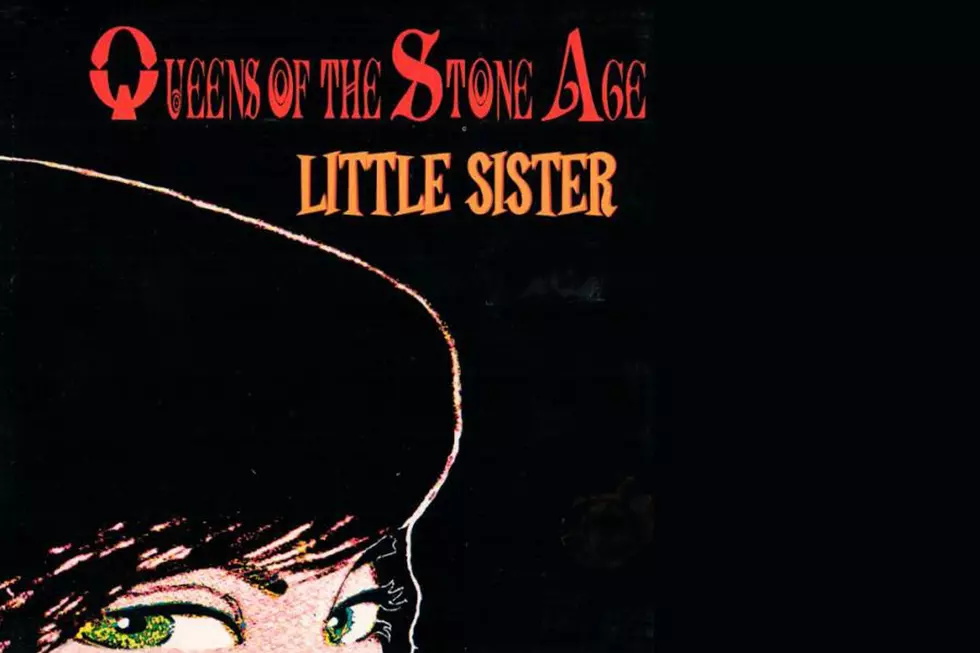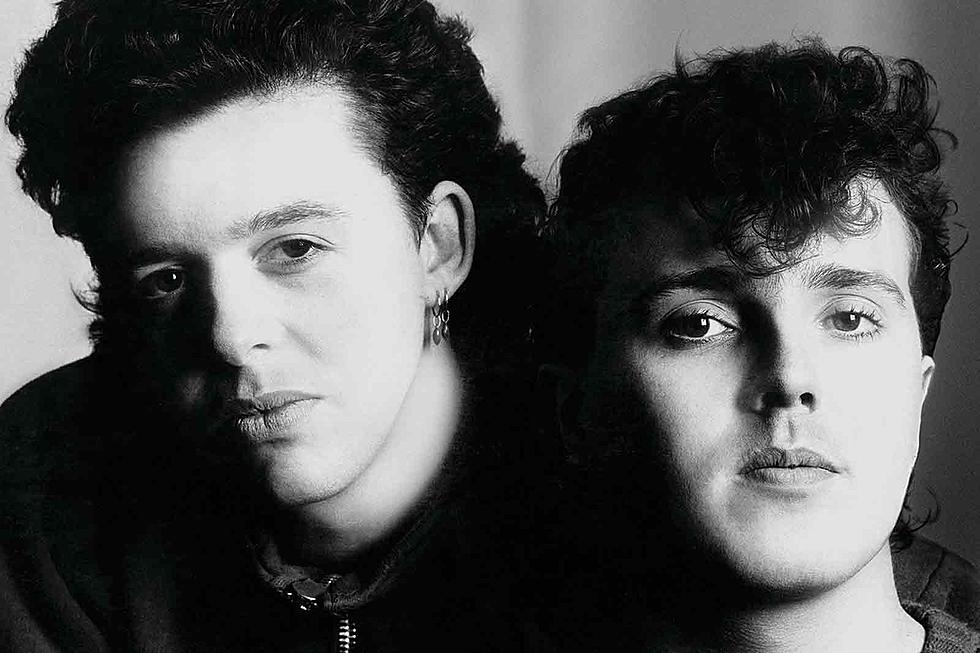When Shawn Colvin Finally Found Chart Success With ‘A Few Small Repairs’
Shawn Colvin achieved a long-awaited breakthrough with A Few Small Repairs, but only after deciding – in keeping with the album's title – to stop trying for one.
Her previous trio of releases, though critically well-received, had been marked by an overarching desire to produce a hit single. Not so A Few Small Repairs, which arrived in October 1996 during a period of introspection for Colvin and collaborator John Leventhal.
“There’s certainly something to be said about not being under pressure,” Colvin told Chico News in 2003. “We kind of played the game of addressing the issue of having a single on the other records, the previous three records. It just never went anywhere. That wasn’t particularly bothersome because that was not my goal; it has never been my goal. But I understand it’s important to address it. So, when we got to A Few Small Repairs, we sort of had given up the [idea] that that was an issue we even had to think about."
Released, at least in her own mind, from the pressure of succeeding, Colvin succeeded beyond her wildest dreams – scoring her first-ever Top 40 platinum-selling album. “We just kind of felt totally creative and free and that we could just make a record that, we just didn’t care," Colvin added. "For me, and for John Leventhal, I guess, that was a nice place to be.”
Though the album did indeed boast a hit single in the Grammy-winning "Sunny Came Home," A Few Small Repairs – which could be starkly quiet, a bit playful then strikingly cathartic – very much arrived on Colvin's own terms. As she grew older, both in her career and in life, Colvin's perspective had changed.
"I think about death a lot," she told the Daily Press in 1997, with a chuckle. "At 40, you're at an age that's undeniably not young. Your youth is gone."
Listen to Shawn Colvin Perform 'Wichita Skyline'
Emboldened then to stop chasing some radio-station demographic, she ruminated on these deep thoughts during moments like "If I Were Brave" and "84,000 Different Delusions." She faced her recent divorce head on. "Trouble" and "Sunny Came Home" also directly referenced the depression she'd long battled. Colvin was first diagnosed at age 19.
"I've dealt with it on and off since then," Colvin told HealthDay in 2005, "and began treatment in earnest again in 1989. I think there's a misconception that if one is an artist and, like myself, sings sad or sensitive material, that you're risking losing that if you treat depression. In fact, being treated for depression restores me to be able to do what I do."
The final piece of the puzzle, it seemed, would be giving herself over to abstraction. "Sunny Came Home," for instance, was notably inspired by a painting from Austin's Julie Speed that ultimately graced the cover of A Few Small Repairs. “You want to write a moving song, and something personal, but you want it to be well-crafted enough so people can project themselves into it," Colvin told Huffington Post in 2016. "That's what I always appreciated about my heroes. That their stories could be my story, too.”
She found a similar yearning to be free in Speed's painting, which Colvin has described as "complex, fun loving, deadly serious." For a writer who grew up admiring the often personal, confessional songwriting styles of Joni Mitchell and James Taylor, the character-study intensity of "Sunny Came Home," and much of A Few Small Repairs, represented not just a commercial breakthrough but a creative one, as well.
“From the writing of the songs to the production, to everything," Colvin told the Today show in 2004, "I just felt independent and in control and not worried about what I was supposed to do – and that extended to the artwork."
Top 100 Albums of the '90s
More From Diffuser.fm









